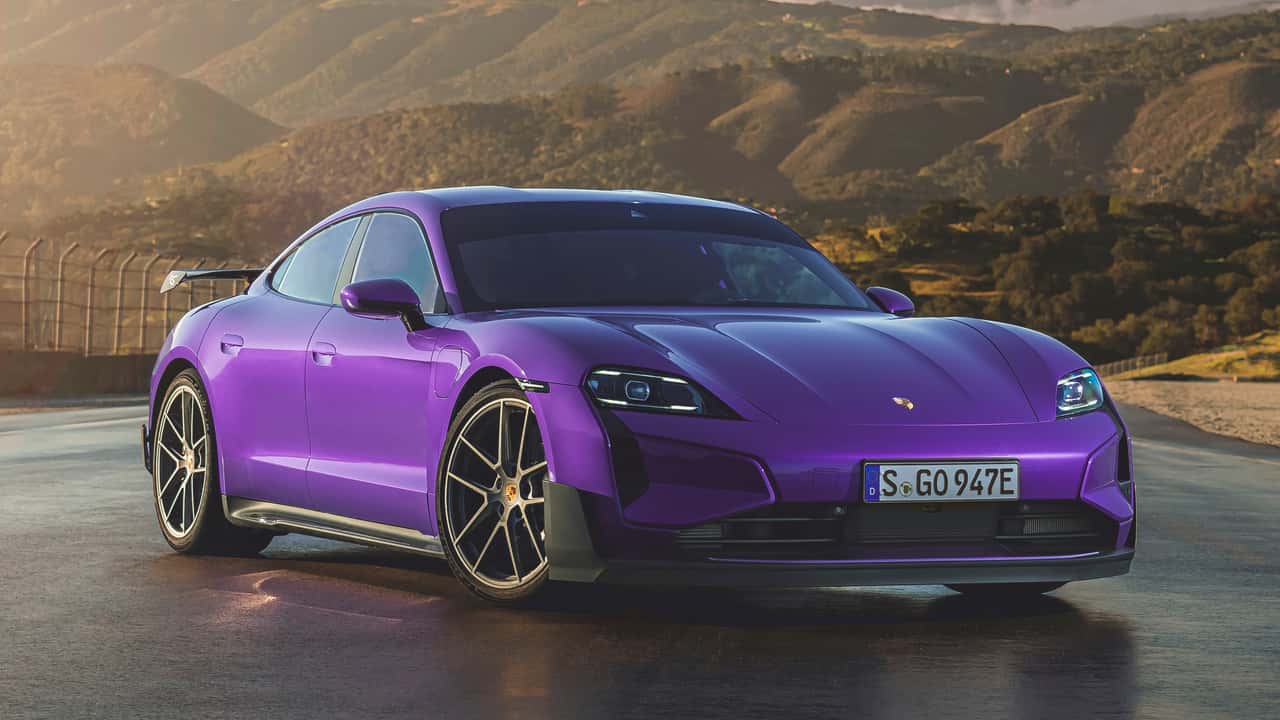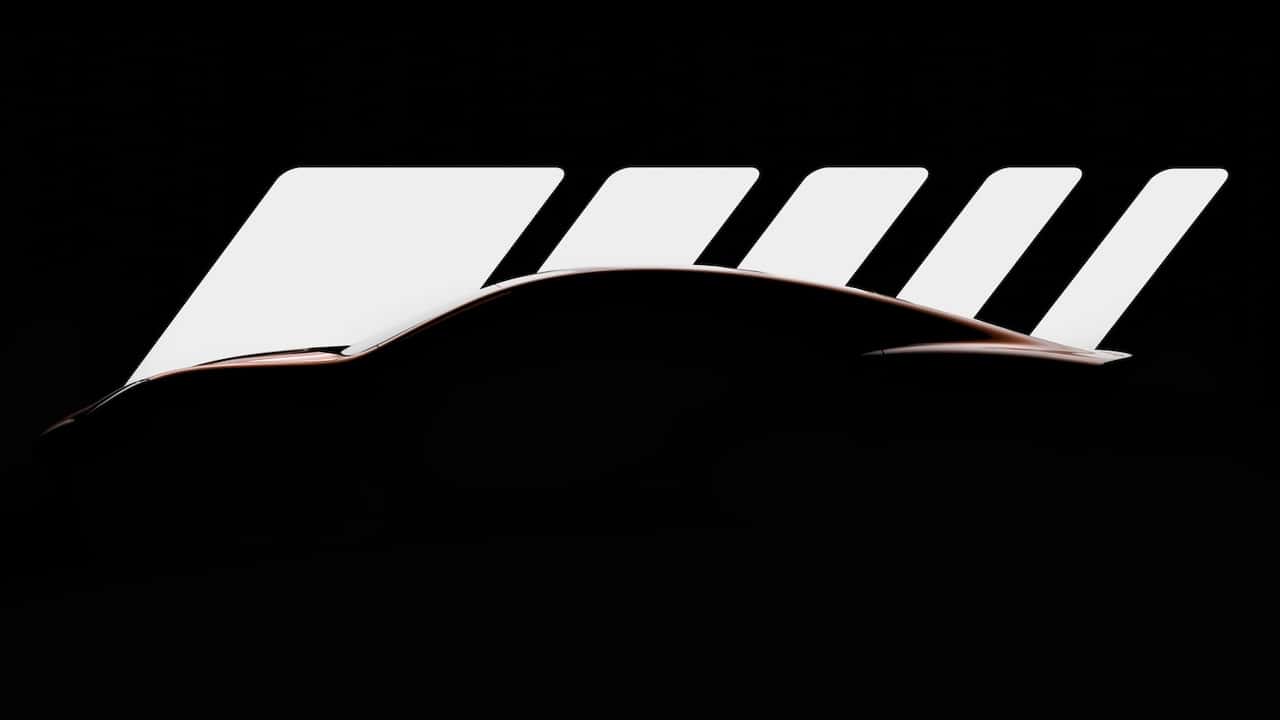Now Reading: Porsche Could Quit EVs In China
-
01
Porsche Could Quit EVs In China
Porsche Could Quit EVs In China

Western luxury carmakers owe much of their success to the Chinese market, but this may be changing. Domestic automakers in China are now posing a serious threat to international brands like Porsche. In 2024, Porsche’s sales in China dropped by 28%, and the first quarter of this year saw a further decline of 42%.
The decline in Porsche’s sales can be attributed to the growing competition in the electric vehicle (EV) segment from Chinese brands like Xiaomi. These brands offer cheaper electric cars with impressive performance, challenging Porsche’s market position. Porsche’s CEO Oliver Blume hinted at the possibility of discontinuing EV sales in China if the situation doesn’t improve in the next few years.
Unlike its competitors, Porsche is not planning to introduce China-specific models or lower prices to boost sales. Blume emphasized that Porsche will maintain its pricing strategy to uphold its brand image. This approach contrasts with other luxury automakers like BMW, Mercedes, and Audi, who have developed localized products to cater to the Chinese market.
As Chinese automakers gain a competitive edge with easier access to resources and lower production costs, international brands are facing challenges in maintaining their market share. Some companies are considering forming local partnerships to stay relevant in the evolving market landscape. The shift in the automotive industry reflects the famous saying: “If you can’t beat ‘em, join ‘em.”






